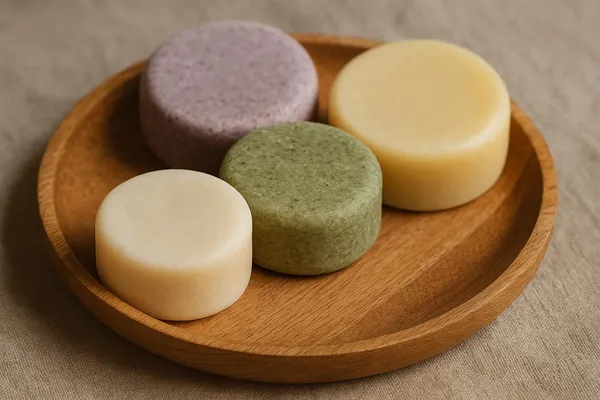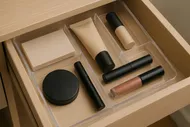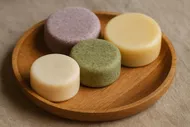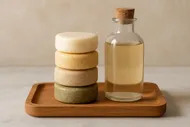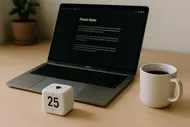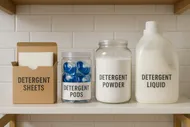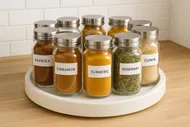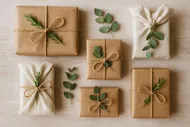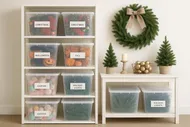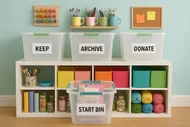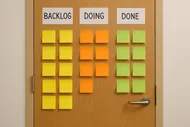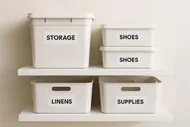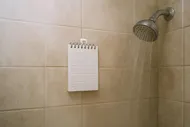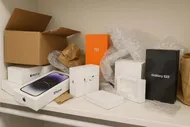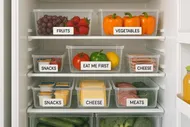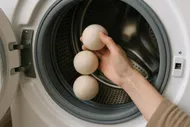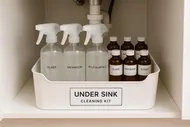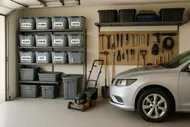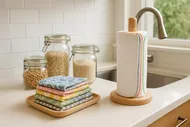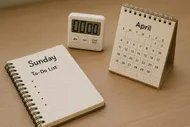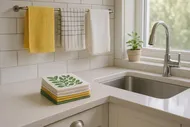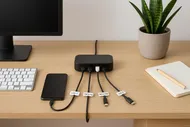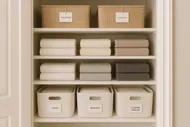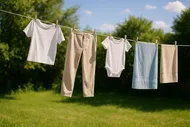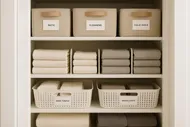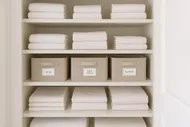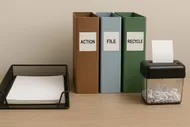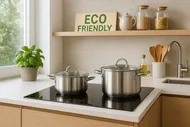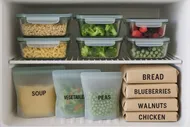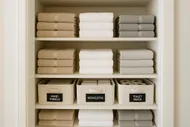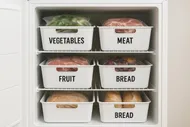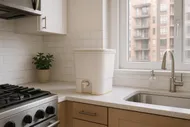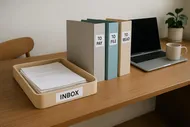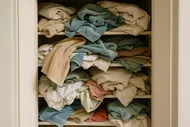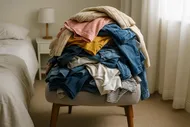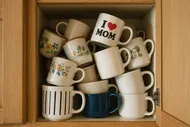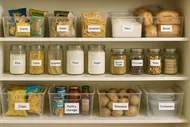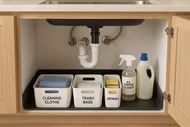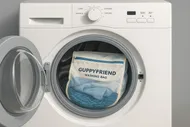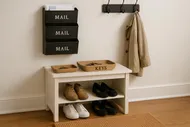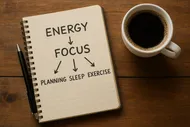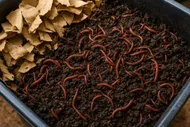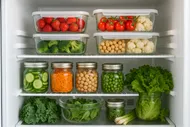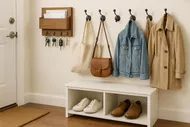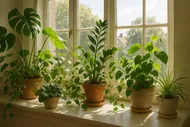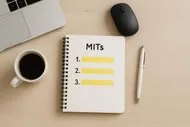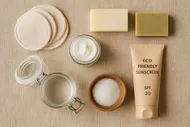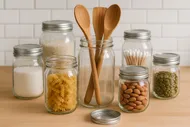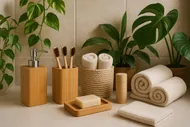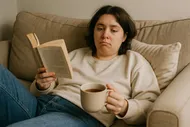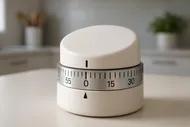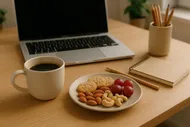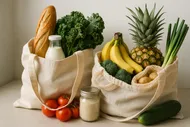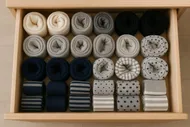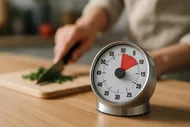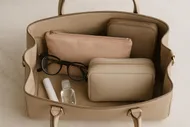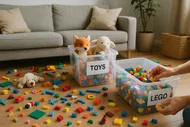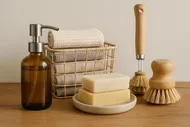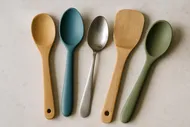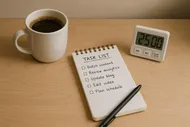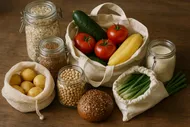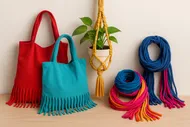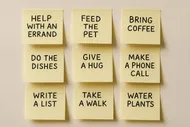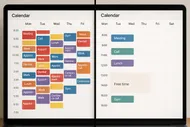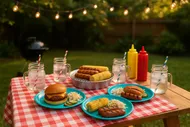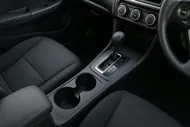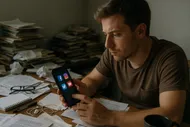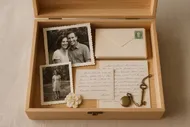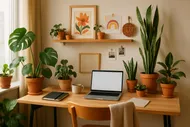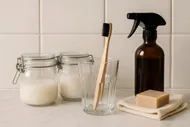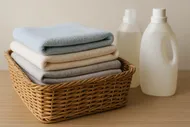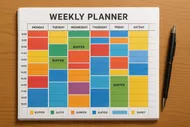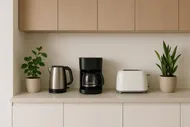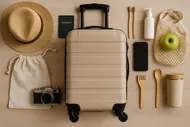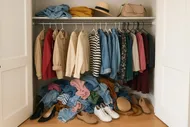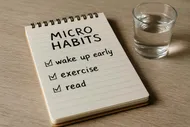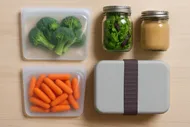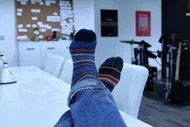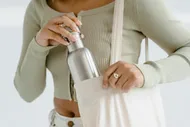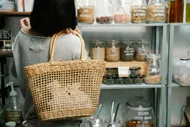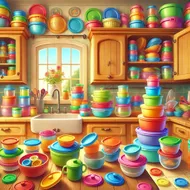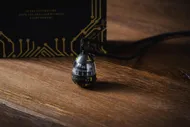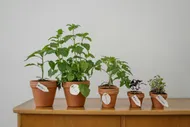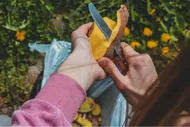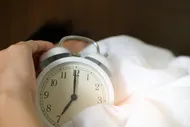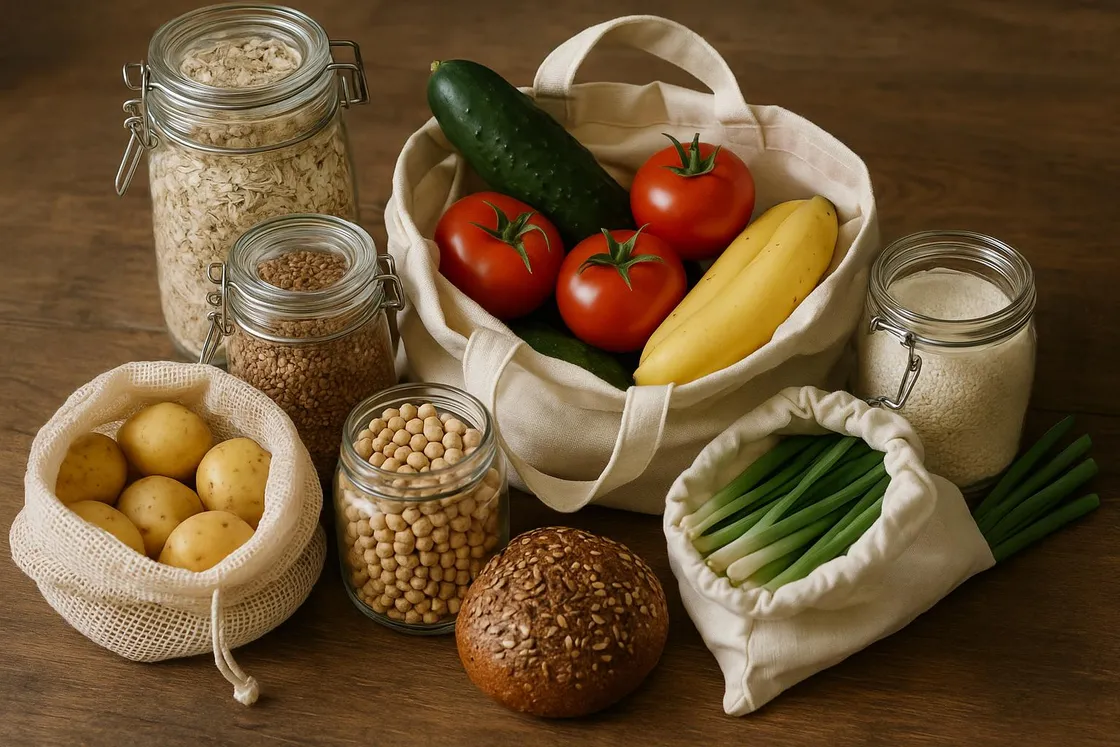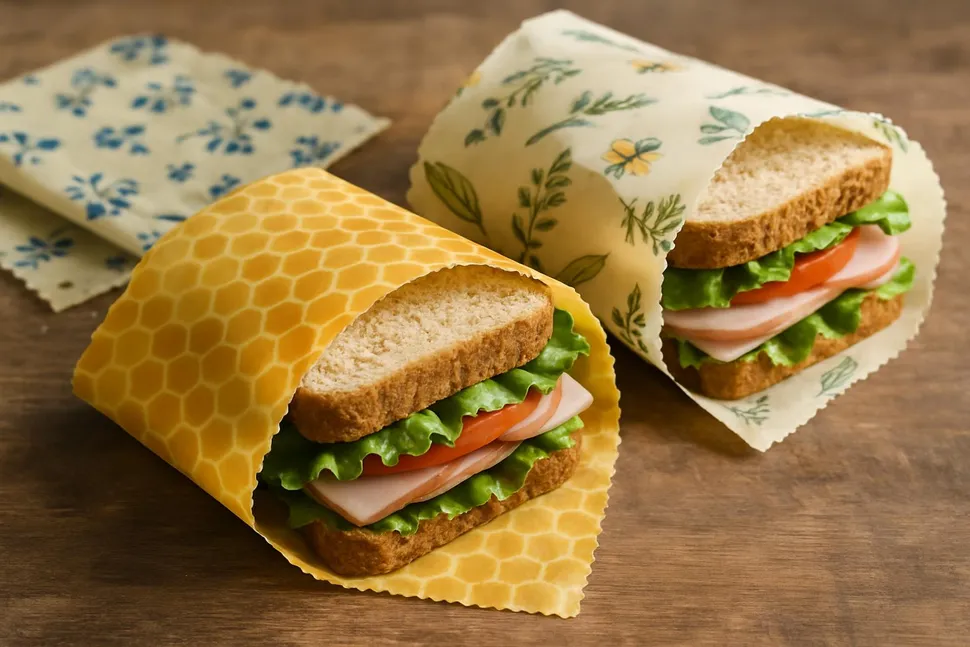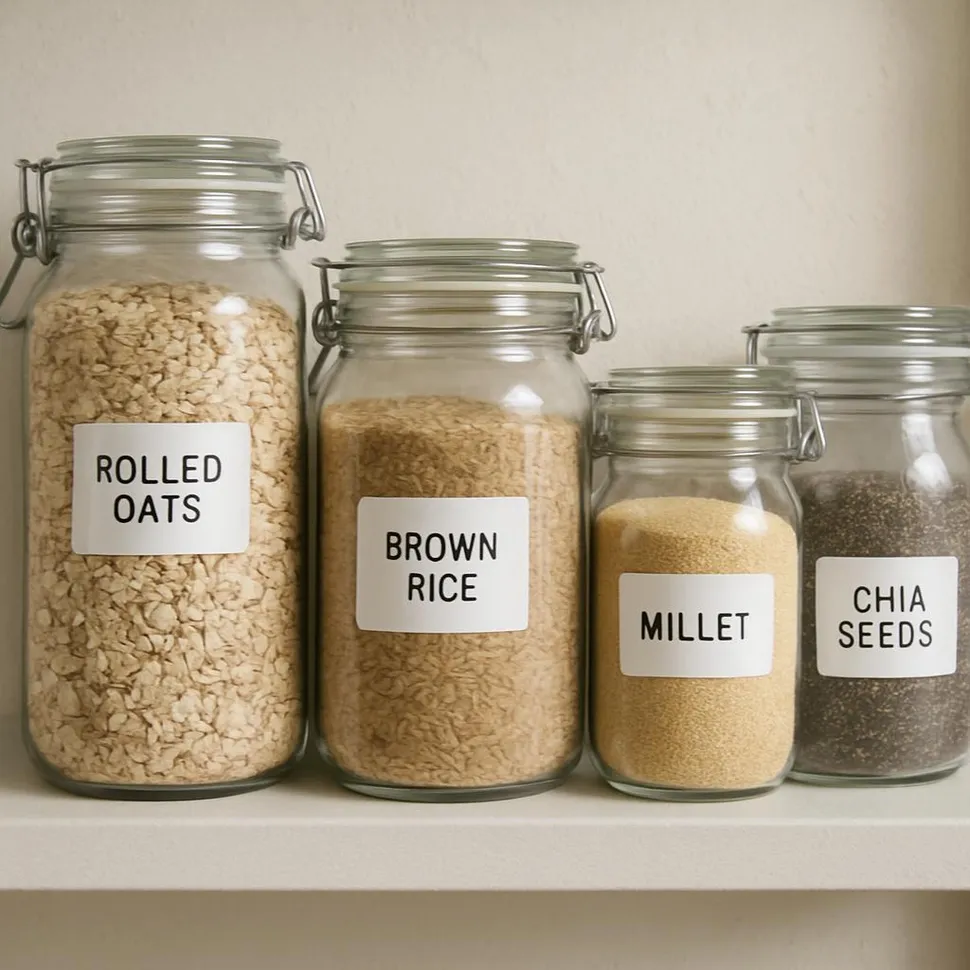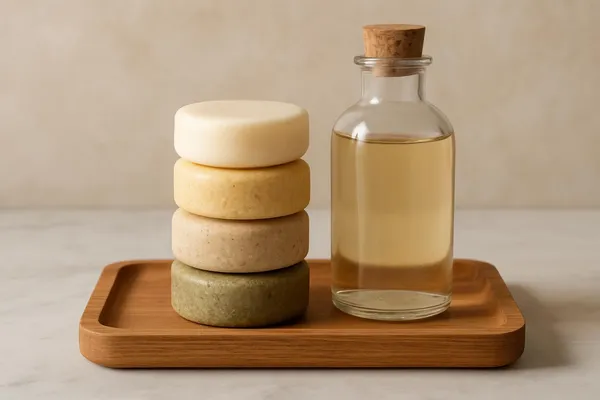Between the glorious rainbow of veggies at your local farmer’s market and the towering display of plastic-packed pantry staples at the supermarket, grocery shopping can feel like navigating two different worlds. If you’ve ever thought “There has to be a better way to do this…” — you’re right. Cue the hero entrance for zero-waste grocery shopping!
Let’s break it down, carry it in jars, and wrap it in reusable cloth — everything you need to get started living (and eating!) more sustainably.
Why Go Zero-Waste at the Grocery Store?
Every year, the average American tosses over 200 pounds of packaging waste from food alone. That’s like buying a whole cart of groceries and dumping the wrappers straight into the trash…before you even start cooking.
Zero-waste grocery shopping simply means buying your food in a way that produces as little waste as possible. Think recyclable, compostable, or — better yet — no packaging at all.
And the best part? It’s more doable than you think.
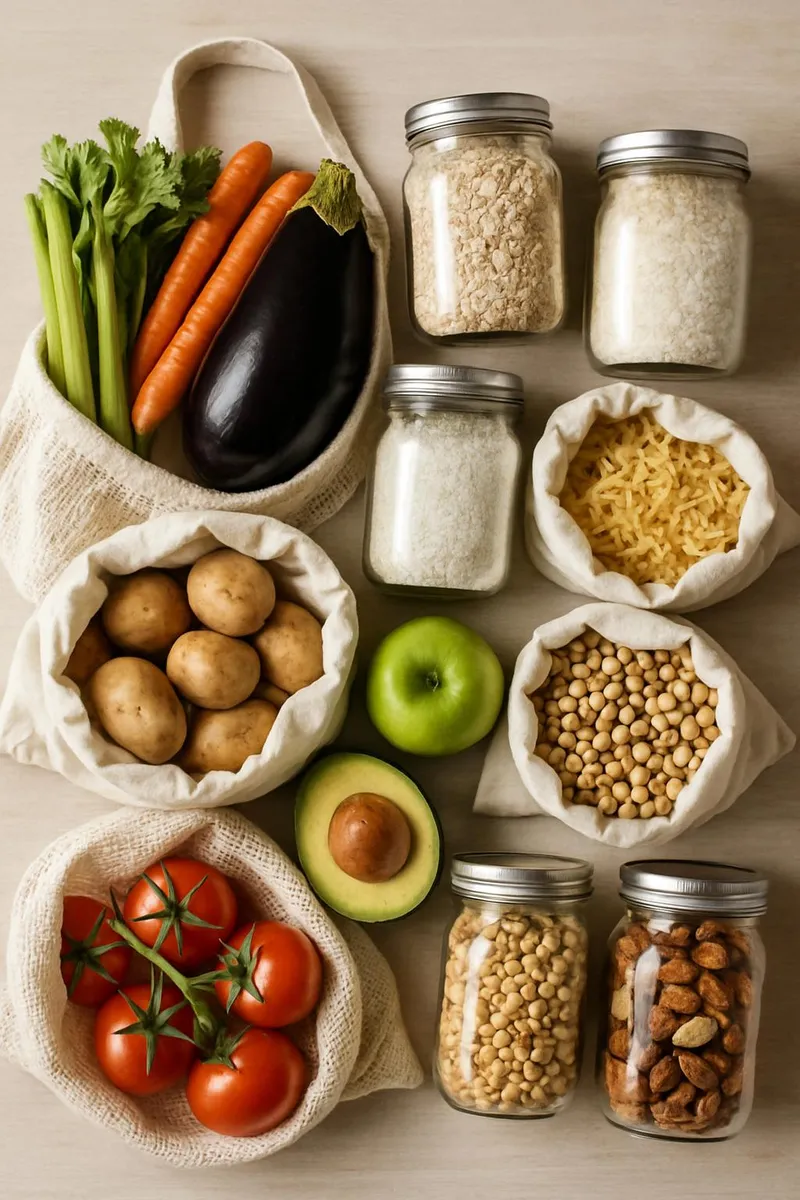
Where to Shop: Your Zero-Waste-Friendly Hotspots
Before you fill a single jar, it helps to know the best places to get your groceries the low-waste way:
1. Bulk Shops and Co-Ops
These glorious places often have bins of grains, nuts, snacks, pasta, coffee beans, and more. Bring your own containers (more on that below!), weigh them in advance, and fill ‘em up.
2. Farmer’s Markets
Besides the joy of chatting with local farmers about their homemade blueberry jam, farmer’s markets usually have produce that isn’t shrink-wrapped in plastic — plus eggs, bread, and sometimes even dairy products in reusable jars.
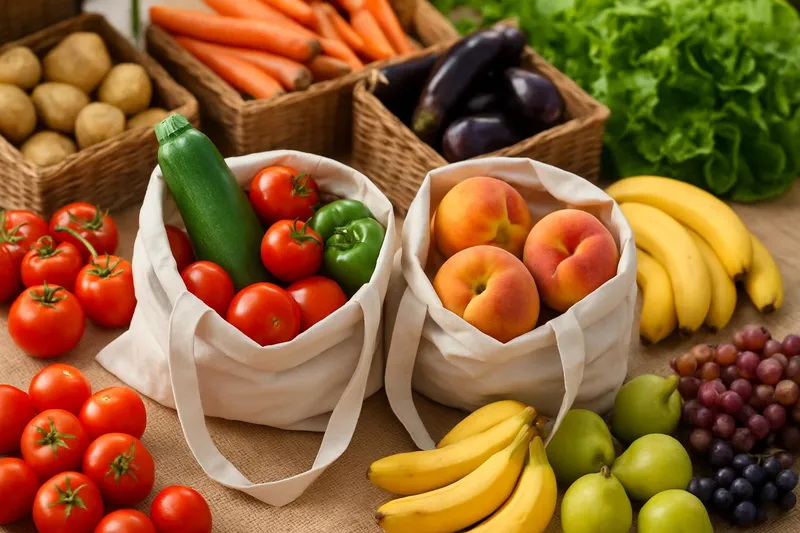
3. Regular Supermarkets (With a Twist)
Even if your go-to grocery store doesn’t scream “eco-warrior,” you can shop smart by choosing items in glass jars or recyclable packaging, skipping plastic bags in the produce aisle, and avoiding individually wrapped items.
Must-Have Reusables for a Zero-Waste Haul
Let’s talk gear. Think of these like your utility belt for sustainable shopping:
1. Reusable Produce Bags
Perfect for fruits, veggies, mushrooms, and even dried goods. They’re lightweight, washable, and come in mesh or cotton.
Favorites:
2. Glass Jars and Containers
Use mason jars for snacks, grains, spices, and even fresh peanut butter at bulk stores. Bonus: they go straight into your pantry!
🥫Pro Tip
Make sure to “tare” your containers before filling them — that’s just weighing them empty so you’re not charged for the jar!
3. Canvas or Recycled Grocery Totes
Leave plastic in the past. Strong, foldable, often cute — canvas totes are your new sidekick.
Want more ideas for reusable swaps? Don’t miss Ditch Plastic Bags: Embrace Reusable Totes for a Greener Future for tips and favorites.
Sample Zero-Waste Grocery List (with Printable!)
Here’s a peek at a typical zero-waste haul. You can screenshot this or save it to your phone.
- Produce: apples, carrots, spinach, onions (all loose)
- Bulk: rice, lentils, almonds, oats, trail mix
- Deli/Bakery: fresh bread (in cloth bag), cheese (in beeswax wrap)
- Pantry: olive oil (glass bottle), tomato paste (metal can), pasta (paper box)
- Other: eggs (reuse carton), honey (refill station or glass)
📝Freebie Alert!
Coming soon to our Instagram: A printable zero-waste grocery checklist you can take with you every week. Stay tuned!
How to Talk to Cashiers (Without Panic)
If approaching the scale with your half-dozen mason jars fills you with mild-to-moderate anxiety, you’re not alone. But don’t worry — most stores are used to the zero-waste crowd.
Just say:
“Hi! I pre-weighed these jars and wrote the tare weight on top. Let me know if you need anything!”
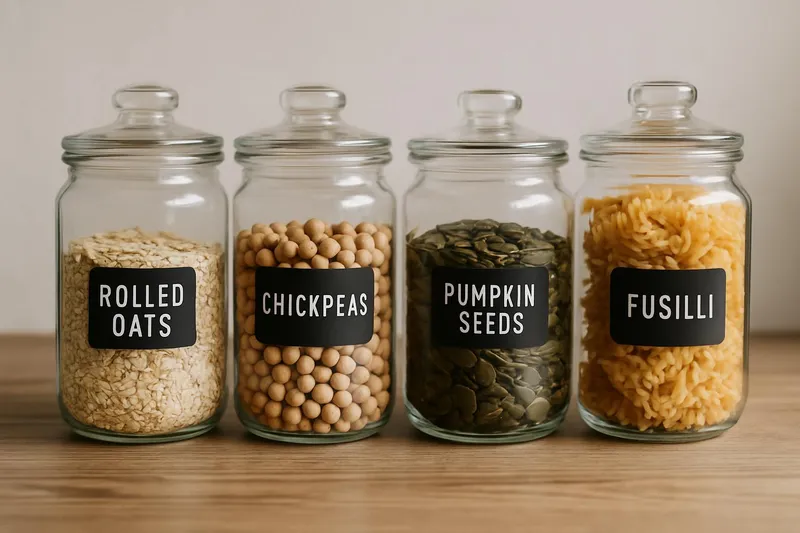
Unexpected Grocery Aisles That Sneak in Waste
Keep an eye out for these sneaky packaging traps:
- Plastic-wrapped produce (especially bananas and cucumbers — why?!)
- Individually wrapped snacks or servings
- Pre-cut fruits and veggies in plastic tubs
- Compostable-looking containers that still contain plastic liners
Remember, “biodegradable” doesn’t always mean better — look for truly compostable or reusable options instead.
Storage Tips for Your Zero-Waste Haul
Once you’re home with all your goodies, make sure they stay fresh without resorting to plastic wrap.
- Glass jars = ideal for dry goods
- Beeswax wraps = perfect for cheese or half-cut veggies
- Silicone bags = freezer-safe and great for leftovers
Make It a Habit, Not a Hassle
No need to go from zero to zero-waste-hero overnight. Try starting with just these three steps:
- Swap plastic produce bags for mesh ones
- Buy one pantry item from a bulk bin
- Choose a glass jar over a plastic bottle
Start small, stay consistent, and give yourself high-fives along the way.
🌱Celebrate Every Win!
Every time you skip a plastic bag or fill your own jar, you’re casting a vote for a cleaner planet. No step is too small!
More Ways to Go Green in Your Kitchen
Want your sustainable kitchen journey to stretch beyond the grocery cart?
So the next time you’re heading out for groceries, skip the aisle cluttered with overpackaged oatmeal and say yes to scooping your own from a friendly bulk bin.
Cheers to grocery hauls that lighten your impact and your conscience — one reusable bag at a time!
